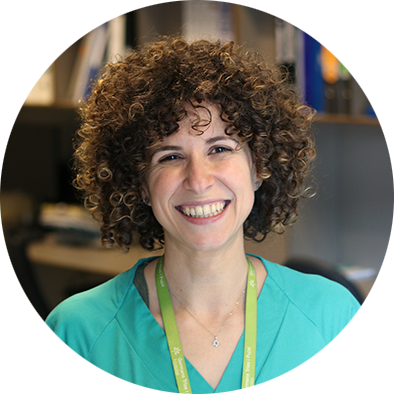Introduction to anesthesia
by Dra. Anabel Jiménez and Dr. Frederic Ródenas
Introduction to anesthesia
by Dra. Anabel Jiménez and Dr. Frederic Ródenas
In this first information capsule we will talk about anesthesia and surgical interventions. Dr. Frederic Ródenas and Dr. Anabel Jiménez will solve some doubts for us before our son/daughter undergoes an operation, especially when it requires anesthesia.
First of all, to be able to cope with an operation, one must be physically well prepared: as always, the patient must lead a healthy life, do physical activity, rest well and eat a varied and balanced diet. It is important to foster the child’s trust in the medical team that will perform the operation, and even much more, to respect the decisions they make. Let themselves be carried away, as they are in good hands. It is very important for the patient that he receives the necessary information about the procedures that will be carried out; In this way, we’re fighting the nerves and anxiety before the surgery with knowledge. The most common scenario is that the patient is called to the hospital only a few minutes before the operation in the hospital. Only in the case in which the patient needs a previous preparation, it could be admitted up to 24 hours before.
“The operating room is where the surgical intervention will be performed and where surgeons, anesthesiologists, operating room nurses and assistants work together.”
The operating room is where the surgical intervention will be performed and where surgeons, anesthesiologists, operating room nurses and assistants work together. The anesthesia procedure is usually always the same: the child is put to sleep when entering the operating room, the surgery is performed, and he/she wakes up in the same operating room once it has finished and then goes to another recovery area. In the case of children, it is essential to treat postoperative pain. For this, intraoperative techniques are applied in the areas to operate so that, when the child wakes up, they do not have any discomfort in that area and tolerate the situation only with the agreed oral analgesia. In this way, pain is reduced and the patient can return home as soon as possible (Children’s sensations when leaving the operation may vary depending on the type of surgery).
The patient’s state of mind cannot affect the anesthesia process itself, but it will affect the entire perioperative process. It is totally normal for a child (and even adults) to feel nervous before an operation, for this reason it is important to prepare the child well so that he/she understands what it means to have an operation and is empowered. When the patient feels more secure, it usually translates into less pain sensation, less need to administer drugs during the postoperative period, and in general better emotional management of the operation.
“The mood of the patient cannot affect the anesthesia process itself, but it will affect the entire perioperative process.”
A good preparation before the operation will make the patient less likely to suffer from preoperative anxiety, which is usually related to behavioral regressions in the months after the operation, for example: difficulty sleeping and/or eating, nocturnal enuresis (children who pee again in bed) or not wanting to separate from their parents.
Key points
- Children should not be lied to: they should be properly informed and you should always let them know that they are the protagonists of the whole process.
- It is normal for parents to be nervous about their child’s operation, but they must trust the team of professionals who will perform the operation.
- Children should experience the visit to the hospital as a game, an experience in which they will meet new people and find themselves in a different situation, but from which they will not take away any bad memories.




